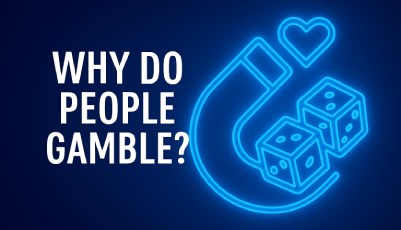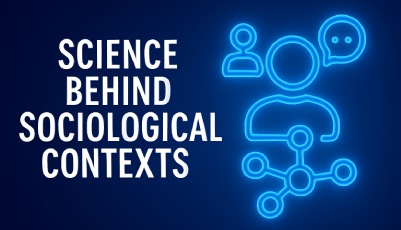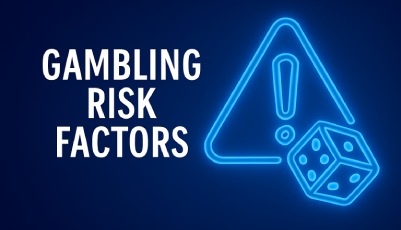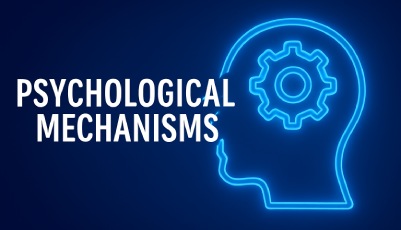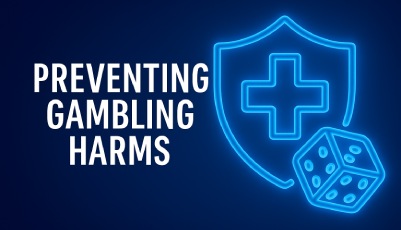What is Chasing Losses?
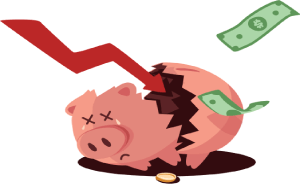
When a person makes a wager, there are two possible outcomes – they can either win or lose. On losing, some gamblers believe that they can recover the money they have lost by placing additional wagers, which can take place within that same session or across different sessions. According to findings by Chen et al. (2022), a gambler can attempt to get their money back by making bigger wagers, playing more frequently, or refusing to stop playing until they get their money back. To add to this, Edson et al. (2025) found that gamblers also change other aspects, including the betting odds and the strategies they have been using.
Is chasing losses risky? According to a study by Auer and Griffiths (2022), chasing losses often marks the transition from recreational gambling to disordered gambling patterns. Gamblers who engage in such behavior not only escalate their risk exposure, but they also suffer a negative toll on their emotional well-being, which affects their ability to make rational decisions.
“Previous work has shown that in simulated gambling or gambling-like tasks in the laboratory, participants initiated a new game more quickly after a loss than after a win and a non-gamble trial.” Winning and losing in online gambling: Effects on within-session chasing; Chen et al. (2022)
Why Do Gamblers Chase Losses?
In an attempt to understand why some gamblers chase losses, researchers have embarked on various studies to uncover the motivations behind this behavior. Our research, which relied on studies published in open-access academic journals in the last five years, revealed the following motivators:
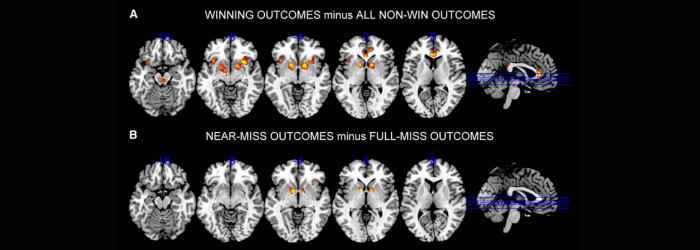
- An urge to keep playing. Many gamblers who chase losses experience an overwhelming urge to keep playing even when the rational decision would be to walk away (Cosenza et al., 2024).
- Cognitive distortions. Some gamblers have cognitive distortions that give them a sense of control over the outcomes. An example is the gambler’s fallacy, where a gambler may think that they can break the losing streak by continuously playing. As Cosenza et al. (2024) explain, problem gamblers are especially prone to such thinking, which affects their ability to stop chasing losses.
- The Zeigarnik effect. This phenomenon refers to the cognitive tension that some gamblers experience when they feel that they have not finished what they started. As a result of this, some players are motivated to keep playing just to avoid a feeling of unresolved outcomes (Cosenza et al., 2024).
- Emotional urgency or frustration. In various studies, researchers have found that when gamblers lose, they tend to play at a faster rate, which is their way of regaining control in a situation where the outcomes are not favorable. One such study conducted by Chen et al. (2022) showed that in both of the participating groups, the players would feel the urge to keep playing faster if they lost.
- Financial desperation. In some cases, gamblers choose to chase losses because they believe that by winning, they can get out of a financial problem. Sometimes, gamblers have invested money that they cannot afford to lose and are thus pushed to recover the money to avoid negative financial consequences. But as Zhang et al. (2024) explain, this approach can worsen the situation as the gambler may end up not getting their money back.
“One important behavioral phenomenon that is generally considered to mark the transition from non-problem to problem gambling is chasing. ‘Chasing’, or more commonly loss-chasing, describes a gambler’s tendency to continue or intensify gambling to recoup previous losses.” Winning and losing in online gambling: Effects on within-session chasing; Chen et al. (2022).
Example Case Studies
A Cosenza et al. (2024) study sought to understand how cravings, gambling severity, and decision-making styles influenced gamblers’ decisions to chase losses. It involved 166 Italian adults who gambled at least once a week, who were divided into two groups, one of which was in the loss condition and the other was the control. Through self-reporting measures, the researchers were able to determine that cravings were the strongest motivators behind chasing losses. Additionally, they found that people with dependent decision-making styles were less likely to chase losses, thus suggesting that behavioral subtypes had a role in the decision to chase losses. A Chen et al. (2022) study, which featured 2,713 online gamblers, set out to study the dynamics of chasing losses by looking at bet sizes, session durations, and the speed of playing. It found that when players lost, they would play faster. Interestingly, they found that while players would alter their session durations and bet sizes, the one constant factor was that the speed of play would increase after losses.
“Chasing losses is almost omnipresent among individuals with gambling problems and has been identified by some as the most significant step or risk factor in the development of a gambling disorder.” — Auer & Griffiths (2022), Journal of Gambling Studies.
Takeaway
Studies conducted on chasing losses suggest that this behavior is not only fueled by financial desires but also by psychological, behavioral, and emotional factors. Given this complexity, addressing this behavior requires a multidimensional approach, both in the prevention and intervention programs.
FAQs
Chasing losses refers to a situation where a gambler decides to place another wager in the hope of recovering the money they have lost after losing a wager. They can do this by playing faster, placing bigger bets, or using a different strategy.
There are many emotional and psychological factors that play a role in a gambler’s decision to chase losses. They include cognitive distortions, the urge to play, and the Zeigarnik effect. Additionally, financial desires may play a role in this.
Not quite. While chasing losses can be a sign of problem gambling, it also affects people who do not show signs of problem gambling, as it is often triggered by emotional and psychological triggers, such as cognitive distortions.
References
- Auer, M., & Griffiths, M. D. (2022). An empirical attempt to operationalize chasing losses in gambling utilizing account-based player tracking data. Journal of Gambling Studies, 38, 1071–1090. https://doi.org/10.1007/s10899-022-10144-4
- Chen, Z., Doekemeijer, R. A., Noël, X., & Verbruggen, F. (2022). Winning and losing in online gambling: Effects on within-session chasing. PLOS ONE, 17(8): e0273359 https://journals.plos.org/plosone/article?id=10.1371/journal.pone.0273359
- Cosenza, M., et al. (2024). Getting even: chasing behavior, decision-making, and craving in habitual gamblers. BMC Psychology, 12, Article 445. https://bmcpsychology.biomedcentral.com/articles/10.1186/s40359-024-01911-6
- Edson, T. C., et al. (2025). Multidimensional loss chasing among online gamblers. Journal of Gambling Studies. https://www.greo.ca/Modules/EvidenceCentre/files/Edson%20et%20al%20%282025%29_Research%20Snapshot_Multidimensional%20loss%20chasing%20among%20online%20gamblers_final.pdf
- Zhang, K., et al. (2024). Within-session chasing of losses and wins in an online eCasino. Scientific Reports. https://www.nature.com/articles/s41598-024-70738-3.pdf
